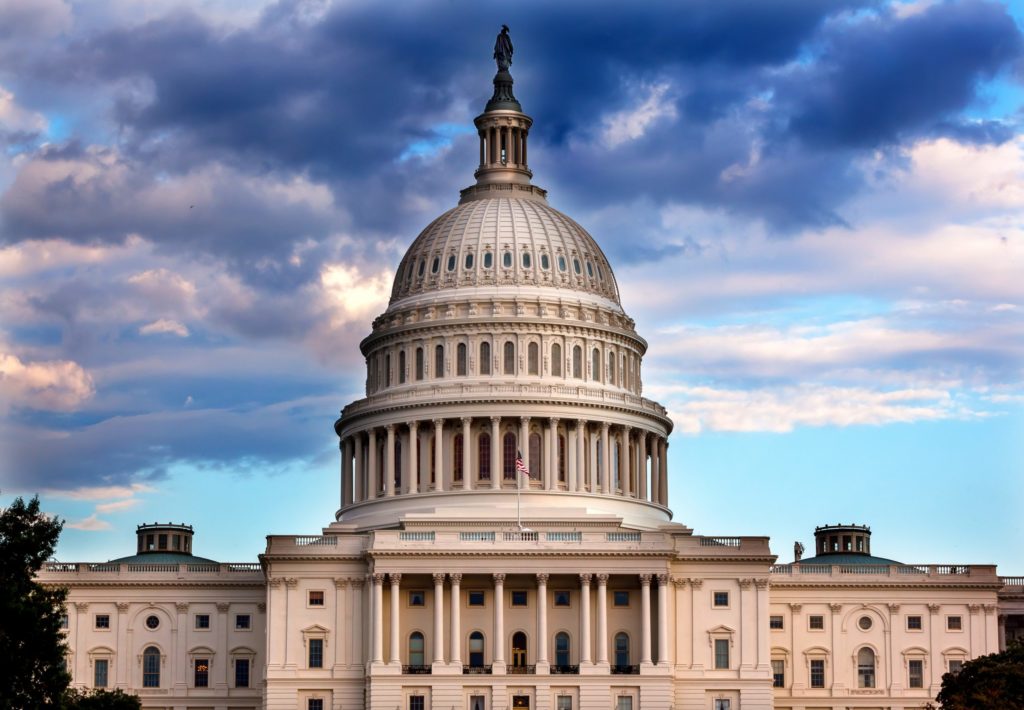A national law needed to protect online freedom of speech
Christmas is almost here. While Santa Claus knows who’s been naughty or nice, it hasn’t always been easy to tell what’s bad or good when it comes to making purchases on the internet. When we don’t have reliable information about a product or its seller, we can’t be sure what we’re getting or from whom we’re getting it. Honest and accurate online reviews help us buy with confidence and are essential to making these online markets work.
Thankfully, at least on this issue, Congress gets it. They just sent a bill to President Barack Obama’s desk that will enhance free-speech protections for online reviews by preventing businesses from using contract provisions that deter honest feedback. While this is an important step forward, there’s still more to be done.
Americans will do more than 40 percent of their holiday shopping this year online and around 78 percent report they consult online sources for holiday research. With the help of online reviews at sites like Amazon, or two-way feedback at eBay, consumers have a better idea what they’re getting and with whom they’re doing business. This trust encourages and facilitates economic activity, ensuring there are plenty of boxes under the tree, beyond what Santa provides.
But not so long ago, purchasing something online was a scary prospect.
More than three decades ago, in 1984, CompuServe launched the Electronic Mall – the first comprehensive online commerce site. It was revolutionary for its time and offered a digital catalog you could access if you had a personal computer and subscribed to their service. The service was initially text-only, and there were no reviews other than those spread through online chat rooms and bulletin boards.
These reviews—when you could find them—were subject to much more limited protections than we have today. In 1991, CompuServe found itself embroiled in a lawsuit over the content its users created on these fora. This case helped create Section 230 of the Communications Decency Act of 1996, federal legislation which the Electronic Frontier Foundation rightly calls “the most important law protecting internet speech.”
Today, American consumers have much broader rights to voice their opinions online. But there are still avenues open to abuse. One such avenue is through so-called “SLAPPs,” or “strategic lawsuits against public participation.” These lawsuits are typically meritless and employed unfairly to silence people who speak out on matters of public concern. As the cost to fight litigation remains high in so many jurisdictions, they can be a highly effective form of intimidation.
Anti-SLAPP statutes have been enacted in 28 states, as well as the District of Columbia and one U.S. territory. These laws, which offer varying degrees of protection, essentially create a “fast lane” to resolve the lawsuits quickly. States with robust anti-SLAPP statutes, such as Texas, have shown how instrumental they can be in protecting free speech. In one such case, Emmy Award-winning investigative reporter Brian Collister was targeted for airing a series of news stories exposing allegedly unnecessary dental work that left dozens of children in pain, while ripping off taxpayers through Medicaid fraud. Collister and WOAI News Channel 4 in San Antonio were subsequently hit with a defamation lawsuit, but it was quashed, thanks to the Texas anti-SLAPP statute signed by Gov. Rick Perry in 2011.
However, there is still no federal standard. This creates a loophole for “forum shopping” by plaintiffs who either file in states without anti-SLAPP statutes or move the suits to federal court. That’s why the American Bar Association and dozens of law professors support stronger anti-SLAPP laws, including a federal standard, to combat these kinds of abusive and meritless lawsuits.
To fix this loophole, Congress should pass the SPEAK FREE Act (H.R. 2304) – bipartisan legislation that would address the patchwork of often contradictory state laws and provide a national standard to protect online freedom of speech by creating a special motion to dismiss. The bill is supported by a broad coalition – including industry groups like the National Association of Broadcasters and the Consumer Technology Association, and nonprofit groups like R Street, TechFreedom, FreedomWorks, Fight for the Future and the Electronic Frontier Foundation. While it may be too late this year, this legislation should be on Congress’ Christmas wish list for 2017, when it will be reintroduced.
In its early days, buying online was like taking a leap of faith, with little assurance about what you were getting or from whom you were getting it. In our increasingly connected world, it’s more important than ever that we affirm protections for open public discourse and the reputational systems essential to the modern information economy.
This holiday season, we can be thankful for the digital First Amendment protections we’ve achieved over the years – including CDA §230 and this year’s Consumer Review Fairness Act. As we head into a new Congress with a new Republican administration, it’s time we reaffirm our constitutional rights for the digital era and embrace an expansive view of free speech in the face of those who would censor us.
Image by Rawpixel.com









